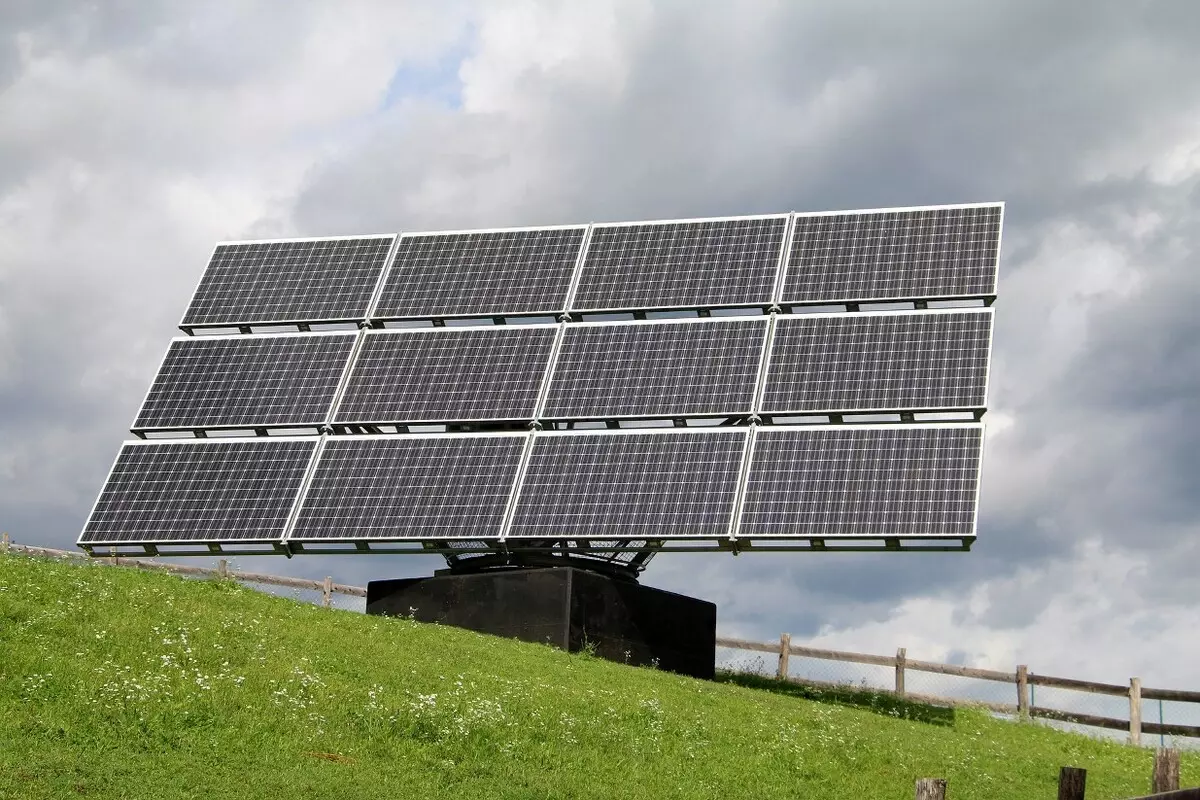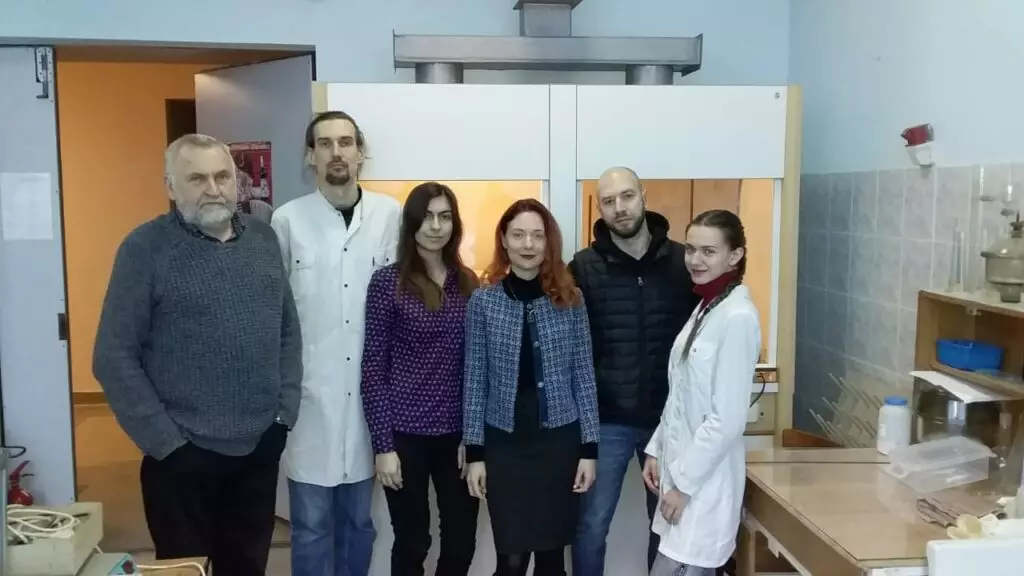
Such compounds are used as luminescent dyes when converting solar energy into electrical. UFU scientists introduced substituents into their structure, which increase the ability to brightly lumine and secure on the surface of titanium oxide. According to experts, such a structural modification made it possible to significantly change the structure of systems. The study discovered a new class of compounds that can allow to make solar energy more efficient and affordable.
Advanced results are reflected in the DYES AND PIGMENTS log. The project was supported by a grant of the Russian Scientific Foundation "Heteroopentaceans - new photostable sensitizers for the third generation of solar cells: synthesis, theoretical modeling and structural optimization".
"It was found that the presence in the frame of the molecules of two nitrogen atoms also made it possible to use the studied compounds as binding linkers (linters) to obtain coordination polymers," said Academician RAS, Doctor of Chemical Sciences, Professor, Scientific Director of Yufa Vladimir Isaakovich Minkin.

The study of their structure and magnetic properties was carried out jointly with the Institute for Problems of Chemical Physics of the Russian Academy of Sciences. The first results are published in New Journal of Chemistry. "Currently, we continue to research in the field of obtaining new coordination polymers with given magnetic properties," Vladimir Isaakovich Minkin concluded.
The target search for coordination polymers with unusual magnetic properties makes an important contribution to the development of molecular electronics to make devices more productive, compact and convenient to use. The project was supported by a grant of the Ministry of Science and Higher Education "Fundamental Basics of Spin Technologies and Directional Designing" Smart "Polyfunctional Materials for Spintronics and Molecular Electronics".
Source: Naked Science
